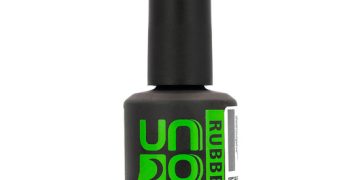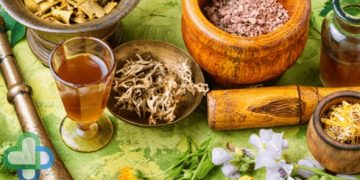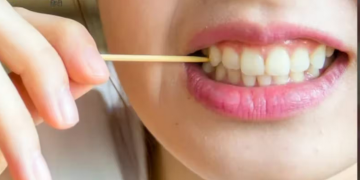Iron is an essential mineral that plays a crucial role in carrying oxygen throughout the body and supporting overall health. Iron deficiency can lead to fatigue, weakness, and compromised immune function. To ensure an adequate intake of iron, it is important to incorporate iron-rich foods into your diet.
Following are some of the best dietary sources of iron that can help meet your nutritional needs:
- Lean Red Meat:
Lean cuts of red meat, such as beef and lamb, are excellent sources of heme iron, which is highly bioavailable and easily absorbed by the body. Consuming red meat in moderation provides a significant amount of iron, along with other important nutrients like protein, zinc, and vitamin B12.
- Spinach:
Spinach is a nutrient-packed leafy green vegetable that is rich in iron. It contains non-heme iron, which is not as readily absorbed as heme iron but can be enhanced by consuming it alongside vitamin C-rich foods. Adding spinach to salads, smoothies, or stir-fries can boost your iron intake and provide other beneficial nutrients like folate, vitamin A, and fiber.
- Legumes:
Legumes, including lentils, chickpeas, and beans, are excellent plant-based sources of iron. They are not only rich in iron but also provide protein, fiber, and a variety of vitamins and minerals. Incorporating legumes into soups, stews, salads, or as a side dish can help increase your iron intake while promoting overall health. You can also buy iron supplements through any Online medical store in Pakistan and take it along with your diet if your doctor approves.
- Shellfish:
Shellfish, such as oysters, clams, and mussels, are highly nutritious and contain significant amounts of iron. They are also a good source of other essential nutrients like zinc, vitamin B12, and omega-3 fatty acids. Including shellfish in your diet provides a tasty and nutrient-rich way to boost your iron levels.
- Pumpkin Seeds:
Pumpkin seeds are a convenient and tasty snack that offers a good amount of iron. They are also a rich source of other minerals like magnesium and zinc, as well as healthy fats and fiber. Incorporating pumpkin seeds into your diet by sprinkling them on salads, yogurt, or adding them to homemade granola can provide a nutrient-dense iron boost.
- Quinoa:
Quinoa is a versatile grain that is not only a great source of plant-based protein but also provides a good amount of iron. This ancient grain contains both heme and non-heme iron, making it an excellent choice for vegetarians and vegans. Adding quinoa to salads, stir-fries, or using it as a substitute for rice or pasta can help increase your iron intake.
- Dark Chocolate:
Dark chocolate is a delightful treat that surprisingly contains a decent amount of iron. Opt for high-quality dark chocolate with a high percentage of cocoa content to maximize the iron content while enjoying its rich flavor. Remember to consume dark chocolate in moderation, as it also contains calories and fat.
Conclusion:
Incorporating iron-rich foods into your diet is essential for maintaining optimal iron levels and supporting overall health. Lean red meat, spinach, legumes, shellfish, pumpkin seeds, quinoa, and dark chocolate are excellent sources of iron that provide various other nutrients. By including these foods in your meals and snacks, you can ensure an adequate intake of iron and promote vitality and well-being. If you have concerns about your iron levels, consult with a healthcare professional for appropriate guidance and monitoring. They can prescribe your supplements like Fefol Vit to prevent iron and other mineral deficiencies.
















